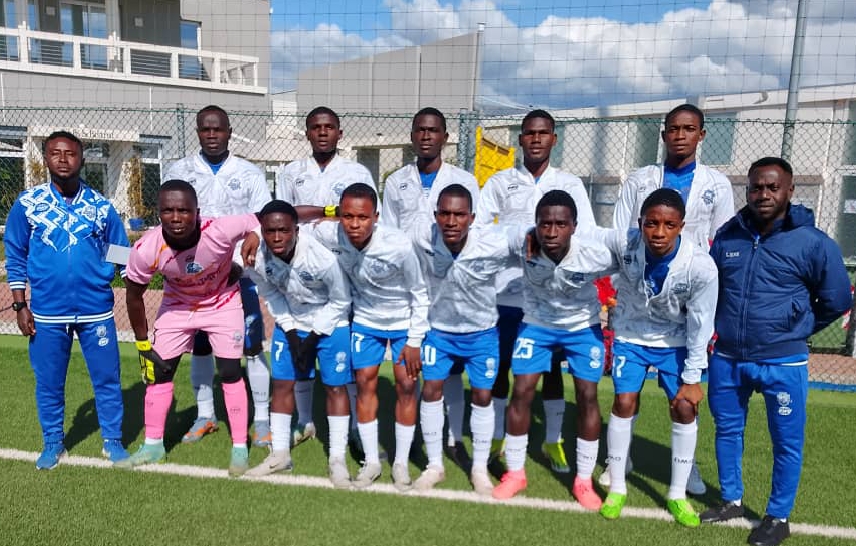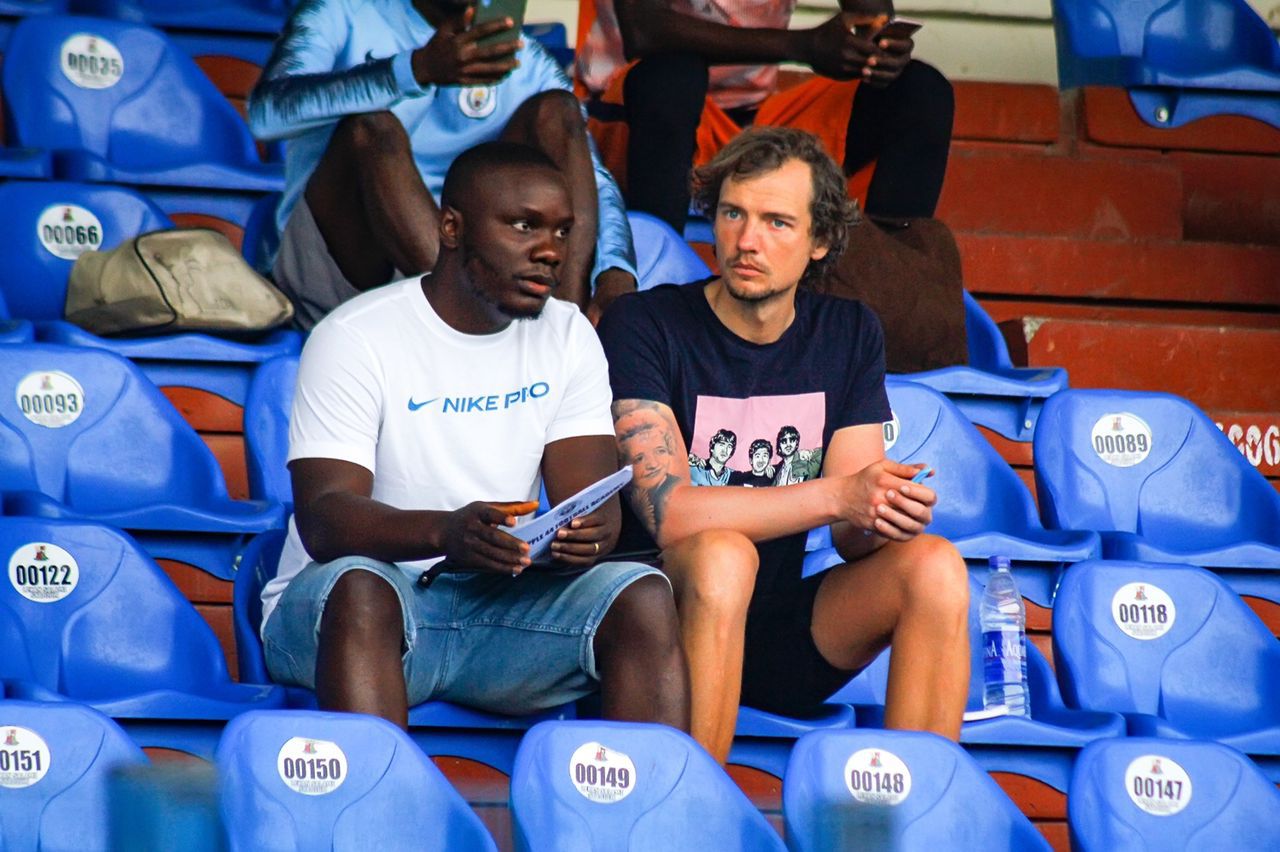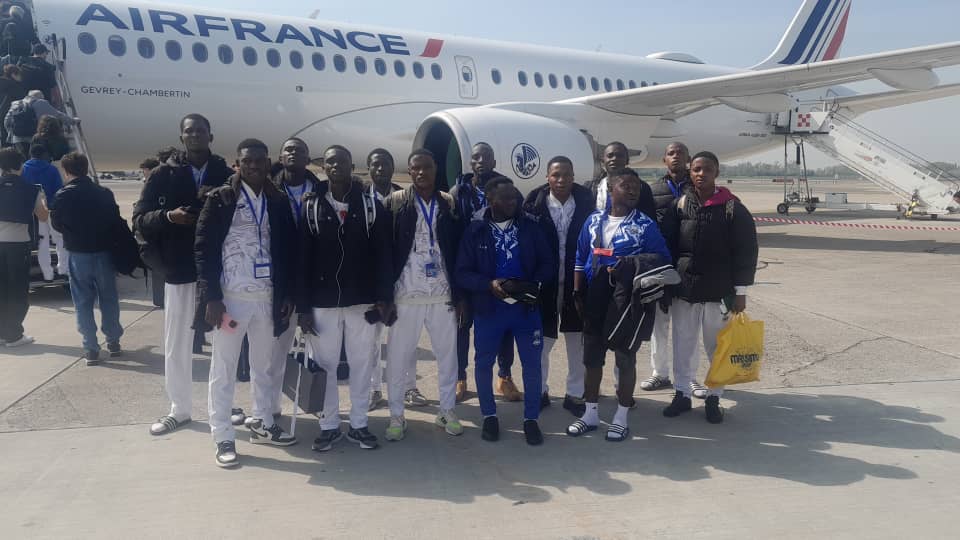- by Sampson Adedeji ,
- Aug 17, 2022
Opinion: The Impact of Having the U17 World Cup Every Year On Nigerian Football and Youth Development
-

- by Sampson Adedeji,
- Sep 23, 2025
- in Football

Opinion: The Impact of Having the U17 World Cup Every Year On Nigerian Football and Youth Development
FIFA’s recent decision to stage the U17 World Cup every year, rather than biennially, is set to reshape the landscape of youth football across the globe and few nations stand to benefit as much as Nigeria.
For decades, the Golden Eaglets have been the undisputed kings of the U17 category, lifting the trophy a record five times.
From Nwankwo Kanu and Wilson Oruma in 1993 to Kelechi Iheanacho and Victor Osimhen in more recent years, Nigeria’s dominance has been built on an impressive production line of raw talent.
Yet, despite these successes, the country’s youth development structure has often lacked consistency and long-term planning.
The new annual format is expected to force Football Associations, including the Nigeria Football Federation (NFF), to establish clear, sustainable development programmes.
With more frequent tournaments, there will be no room for the ad-hoc preparations that have sometimes plagued Nigerian teams in the past.
Instead, clubs, academies, and state associations will need to collaborate to identify and groom players on an ongoing basis, ensuring a steady supply of quality talent ready for international competition at short notice.
An annual U17 World Cup also means more opportunities for young players to showcase their skills on the global stage.
For Nigeria, where football remains the most popular sport and a powerful social tool, this could be transformative.
Regular exposure to high-level competition will not only improve players’ technical ability but also build their confidence and discipline qualities essential for progressing into the U20, U23, and senior national teams.
Additionally, a yearly tournament could enhance scouting networks, giving coaches and talent spotters more chances to monitor prospects. It may also attract greater investment from private academies and corporate sponsors, who will see youth football as a viable platform for visibility and long-term returns.
However, experts warn that Nigeria must pair these opportunities with strong governance and infrastructure.
Without proper coaching education, transparent player registration, and welfare systems, the country risks repeating past mistakes, such as age-cheating scandals and neglecting player education.
Developing adequate training facilities and medical support will also be vital to protect young athletes from burnout or career-threatening injuries.
Currently, the Golden Eaglets are in Côte d’Ivoire preparing for the WAFU B U17 Championship the qualifying pathway to the U17 Africa Cup of Nations and, ultimately, the World Cup.
Their preparations already hint at the kind of professionalism needed under the new calendar: early camping, rigorous screening, and an emphasis on teamwork and tactical awareness.
If Nigeria seizes this moment, the benefits could go far beyond winning trophies. A stronger, well-organised youth system would create a clear pipeline to the Super Eagles, ensuring the national team remains competitive on the global stage for decades.
It could also inspire millions of young Nigerians, showing them that with the right support, football can provide not only fame but also education, discipline, and economic opportunities.
With the U17 World Cup now an annual event, the ball is in Nigeria’s court.
By building on their illustrious history and embracing a culture of sustained development, the Golden Eaglets can continue to soar and, in doing so, shape the future of Nigerian football.
By Sampson Adedeji













0 Comments:
Leave a Reply